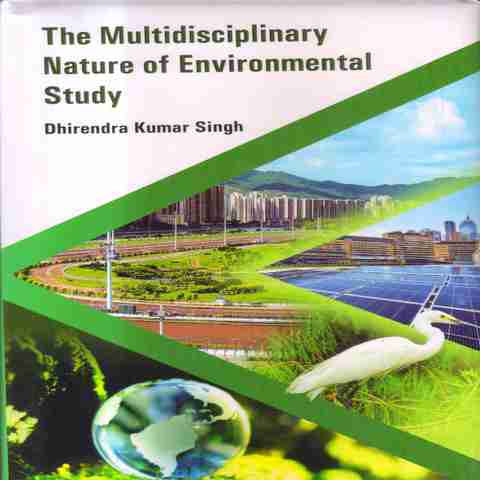The Multidisciplinary Nature of Environmental Study
Current Publications
The Multidisciplinary Nature of Environmental Study (Hardcover, D...
more
Buy at ₹809
Apply offers for maximum savings
Apply offers for maximum savings!
Product highlights
Title
The Multidisciplinary Nature of Environmental Study
Publication Year
2023
Product Form
Hardcover
Publisher
Current Publications
ISBN13
9788119255214
Book Category
Other Books
Book Subcategory
Other Books
Language
English
All details
Features, description and more
Specifications
Description
Manufacturer info
Show More
Questions and Answers
No questions and answers available
Be the first to ask about this product
Ask a question
Add to cart
B
u
y
a
t
₹
0
1
2
3
4
5
6
7
8
9
0
1
2
3
4
5
6
7
8
9
0
1
2
3
4
5
6
7
8
9
Hang on, loading content

